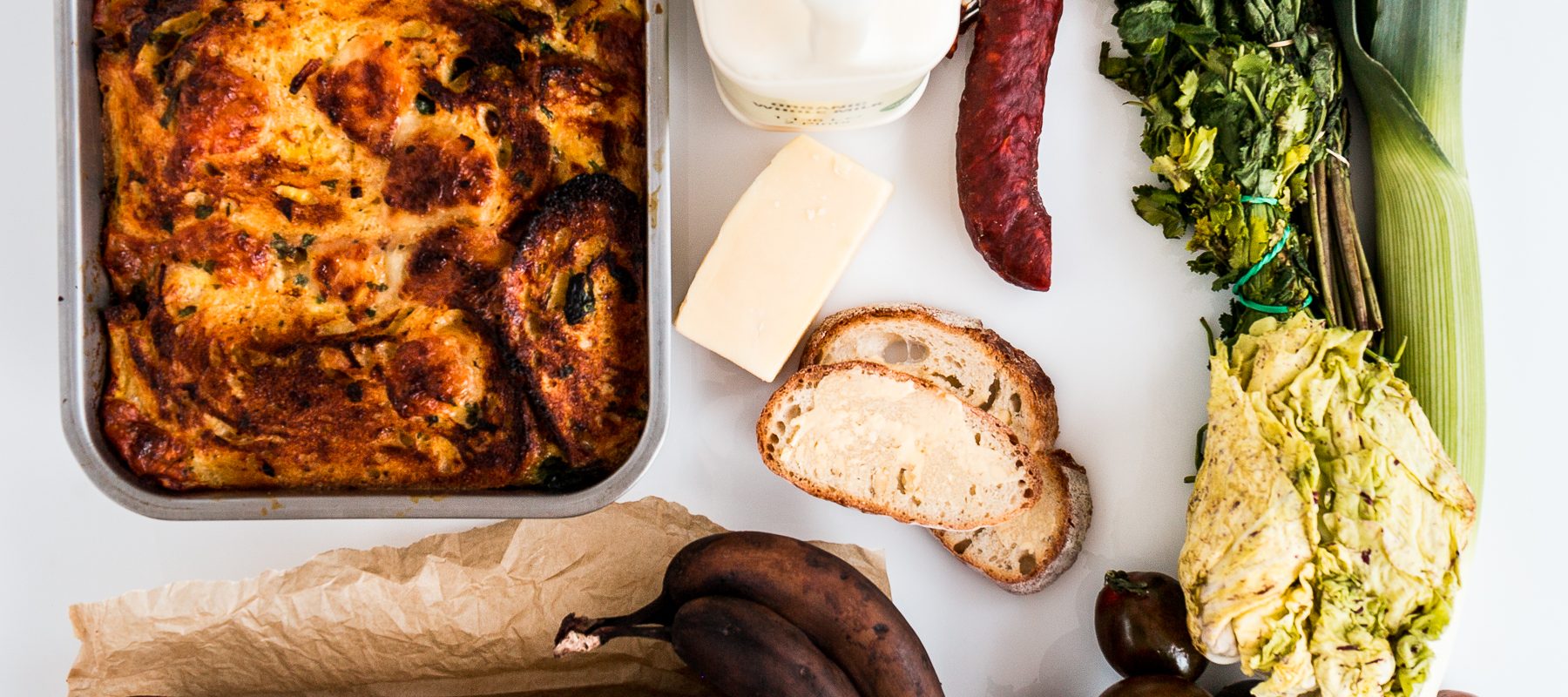ICSA member cookery schools support, practice and promote a sustainable, zero single use plastic kitchens where possible.
Rosalind Rathouse, founder of London’s most sustainable cooking school, Cookery School at Little Portland Street, reveals where to start.
If you’re looking to reduce your environmental footprint, the kitchen is a great place to start. There are plenty of sustainable swaps and initiatives you can implement without too much fuss, doing your bit for the earth.
1. Reduce food waste
70% of the UK’s food waste happens at the home, so it’s time to start thinking about what you’re throwing away. Head to the supermarket with a specific shopping list to stop you buying perishables you just won’t use and try to choose dishes that will use similar ingredients. For example, if one recipe calls for lemon juice, look for something else that may use the zest.
When putting food on your plate, opt for a smaller initial portion. Should you still be hungry, you can always serve yourself more! Finally, keep a close eye on the state of your fresh produce, if you notice something is on the way out, why not get creative in the kitchen? Wilted herbs can be transformed into a frittata with a few eggs, while softer vegetables make for a great soup!
2. Shop seasonally
While we’d love to enjoy berries in the depths of winter, or asparagus all year long, they simply aren’t growing in abundance 12 months a year. Therefore, when choosing what you’re going to cook for the week, design your dishes around what’s in season. Not only will the ingredients be fresher, but they are generally cheaper and in higher quantities. If you’re pushed for ingredients, frozen vegetables are also a great option. It’s also worth trying to find out their point of origin – the further produce has to travel to make it to your plate, the higher its footprint, so buying from UK farms is always preferred. Eat the Seasons is a great resource for what’s in season, with a month-by-month breakdown and food search option.
3. Lose the packaging
The effects of plastic packaging on the environment are now well-understood, so it’s important to limit your consumption wherever possible. Opt for loose fruit and vegetables wherever you can and bring your own cloth/paper bags to hold everything. Should you need to buy produce in plastic, make sure it’s recyclable – some local councils will recycle them for you, but if not, there are also schemes such as TerraCycle that can help. If convenient, why not try a zero-waste or bulk store? Most have a wide range of food cupboard products, fresh produce and cleaning materials, as well as staples like oils. All you need to do is BYO containers!
4. Forget the clingfilm
How you store your produce can make a huge difference to your sustainability efforts. Replace your clingfilm with alternatives – when heating or storing something in a bowl, why not place a second, close-fitting plate over the top to protect it? Opt for reusable Tupperware, instead of single-use takeaway containers and ensure that all produce is stored to encourage longevity. For example, place herbs in glasses with a little bit of water and store in the fridge – this will help them last longer.
5. Use your appliances wisely
Did you know a gas oven uses just 6% of its energy to cook, while an electric oven uses just 12%? When cooking, think about how you can best utilise your appliances to limit energy wastage. If you’ve opted to roast something, why not use the bottom shelf to cook dessert or sides? Contrary to popular opinion, the smell will not seep into your sweet treat! Try and use the stovetop wherever possible, or even the microwave – it uses 50% less energy than the oven.
Should you wish to learn more about being sustainable in the kitchen, book into a class or course at Cookery School at Little Portland Street. From bread-making to vegetarian cooking, each class is informed by a sustainable ethos.
Join our Foodies club to hear more about Cookery School Experiences and British breaks here

